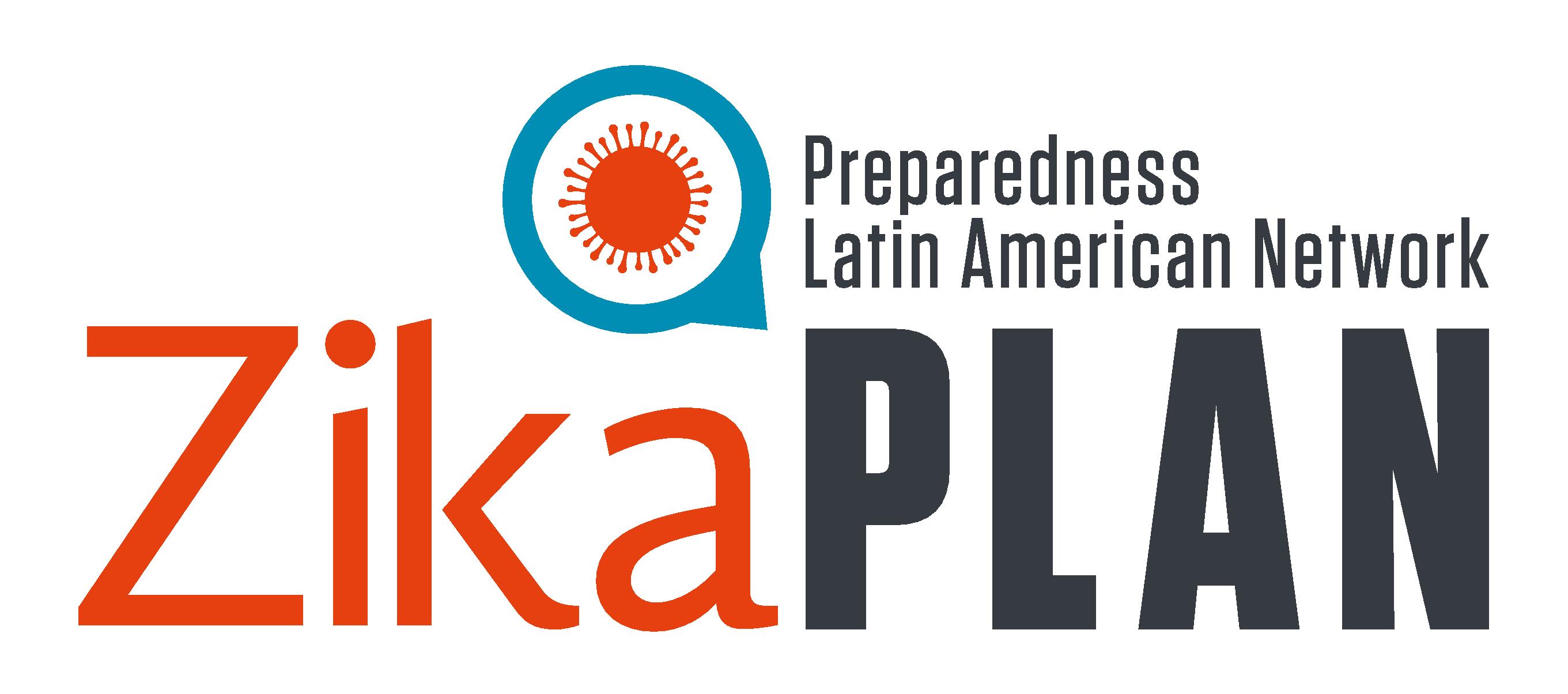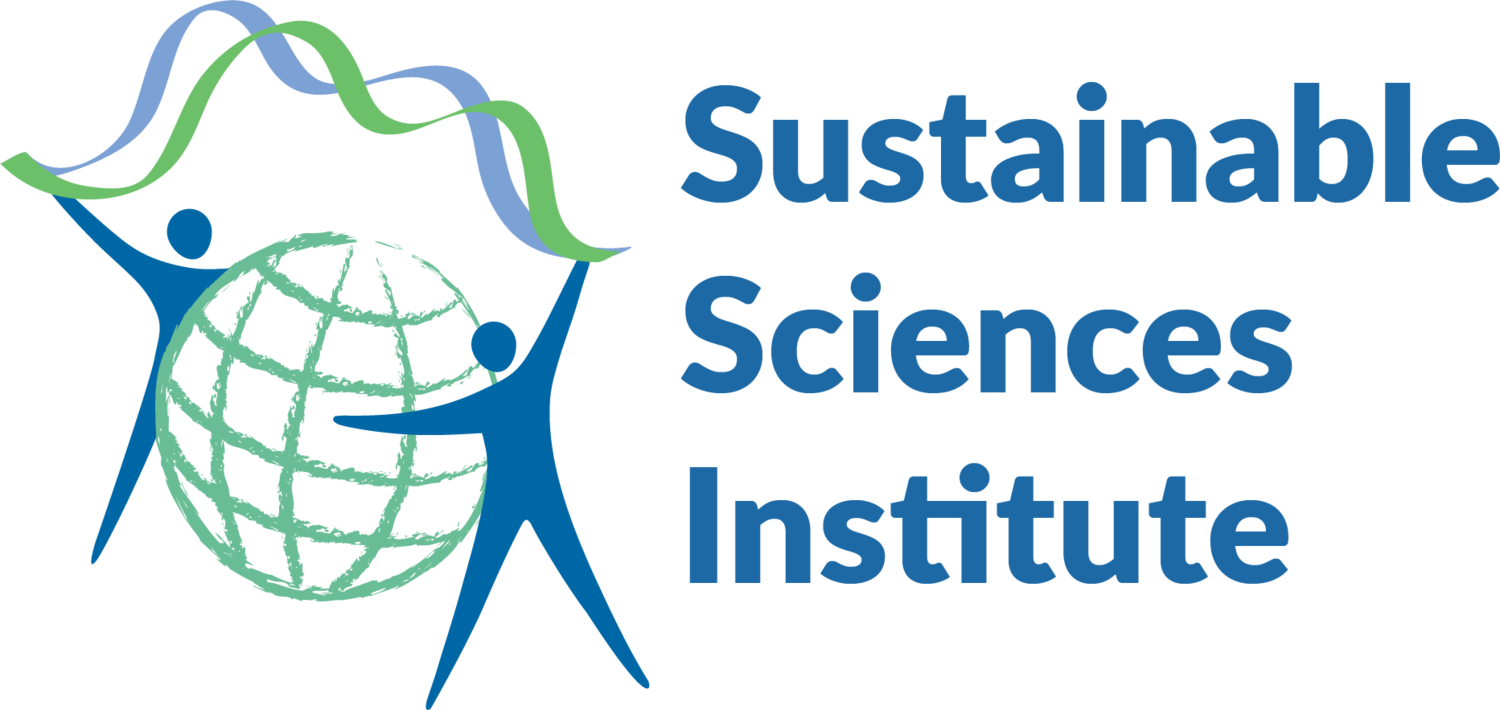


15th – 19th March 2021
The scientific community evaluates advancement and status primarily by the number and quality of research publications a scientist has published in peer-reviewed journals. Scientists from developing countries are, however, at a disadvantage because they often experience difficulty in publishing due to a lack of writing skills and guidance in the data analysis and publication process. In an effort to develop such skills, we partnered with the Sustainable Sciences Institute to bring to you their Scientific Manuscript Writing Workshop, which is designed to provide scientists with the skills and tools they need to transform existing data into publishable material and increase the likelihood of a manuscript being accepted for publication in a reputable scientific journal.
This opportunity was delivered as a *free* week-long virtual workshop (see detailed programme below). The workshop was organised into (open) lecture sessions and (closed) tailored 1:1 tutoring sessions.
Workshop learning objectives:
- To learn the basic structure of a scientific article to be published in a peer reviewed journal.
- To develop the principal elements to be highlighted in the different components of a scientific publication.
- To develop the capacity to establish the "main point" or global messages from the most important data of the results.
- To learn the essential components of the “Tree of Arguments” and define the three main messages and arguments of the results
- To write a draft of the complete article based on the" tree of arguments” sketch
- To write the main conclusions and recommendations derived from your data
|
Day 1 - Getting Started |
|
Day 1 - Structuring your article |
|
Day 2 - Tree of Argument examples |
|
Day 2 - Jane & Elsevier |
|
Day 2 - Data Analysis |
|
Day 2 - Figures & Results |
|
Day 2 - Zotero Demonstration |
|
Day 3 - Materials and Methods |
|
Day 3 - Discussion |
|
Day 3 - Introduction |
|
Day 3 - A good Title |
|
Day 4 - Abstract & Acknowledgments |
|
Day 4 - Submitting & Review Process |
|
Day 4 - Ethics & Plagiarism |
